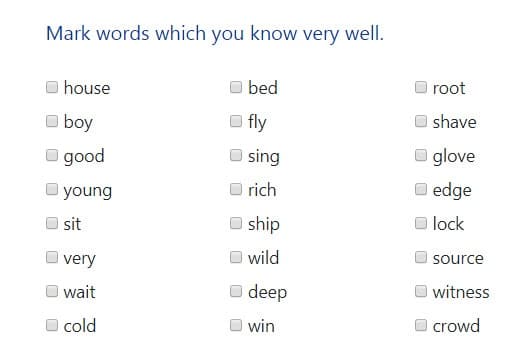Corals get white – level 3
14-10-2015 07:00
Coral reefs are suffering a severe underwater heatwave this year, resulting in the third global bleaching event seen in oceans around the world. The bleaching is caused by rising sea temperatures, which leads the coral to expel the tiny algae that give them their vivid colours. After it is expelled, the bright, white skeleton of the coral is left exposed.
By the end of this year, the event is expected to impact approximately 38 per cent of the world’s coral reefs and kill over 12,000 square kilometres. Although reefs represent less than 0.1 per cent of the world’s ocean floor, they help support approximately 25 per cent of all marine species.
The process is associated with El Niño – complex weather patterns which result in higher than normal ocean temperatures in large parts of the world. It is a phenomenon that has only occurred twice before in recorded history.
The first was in 1998 in the Great Barrier Reef where up to 10 per cent of its corals died.
The second in 2010 didn’t affect the Great Barrier Reef, partly because two local cyclones helped to drive down ocean temperatures.
But this year, bleaching has already been recorded across the northern Pacific, Indian, and western Atlantic Oceans. It’s expected to become obvious in the Caribbean in the next few weeks.
Difficult words: severe (very bad), bleach (to make something white), expel (to force something out), tiny (very small), algae (a very simple plant that grows in water), vivid (very bright), ocean floor (the bottom of the ocean), phenomenon (something which happens in nature), obvious (easily seen; apparent).
Source: www.ondemandnews.com
LEARN 3000 WORDS with NEWS IN LEVELS
News in Levels is designed to teach you 3000 words in English. Please follow the instructions
below.
How to improve your English with News in Levels:

Test
- Do the test at Test Languages.
- Go to your level. Go to Level 1 if you know 1-1000 words. Go to Level 2 if you know 1000-2000 words. Go to Level 3 if you know 2000-3000 words.

Reading
- Read two news articles every day.
- Read the news articles from the day before and check if you remember all new words.

Listening
- Listen to the news from today and read the text at the same time.
- Listen to the news from today without reading the text.

Writing
- Answer the question under today’s news and write the answer in the comments.

Speaking
- Choose one person from our Conversation section.
- Talk with this person. You can answer questions from Speak in Levels.
Stock images by Depositphotos


